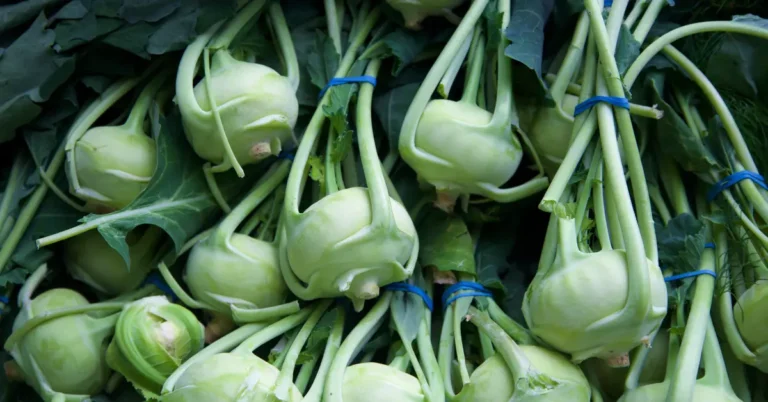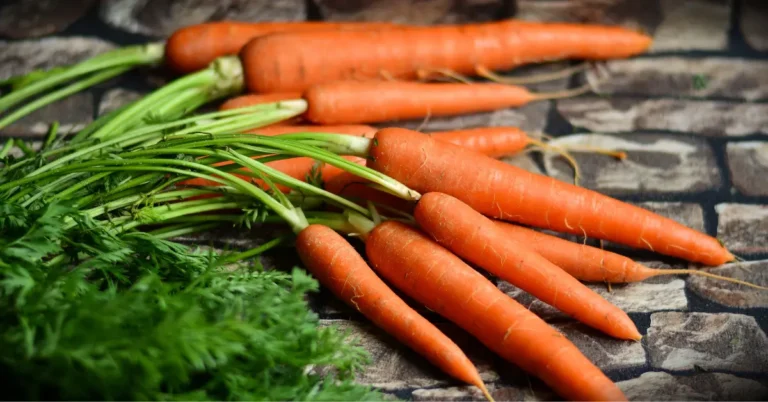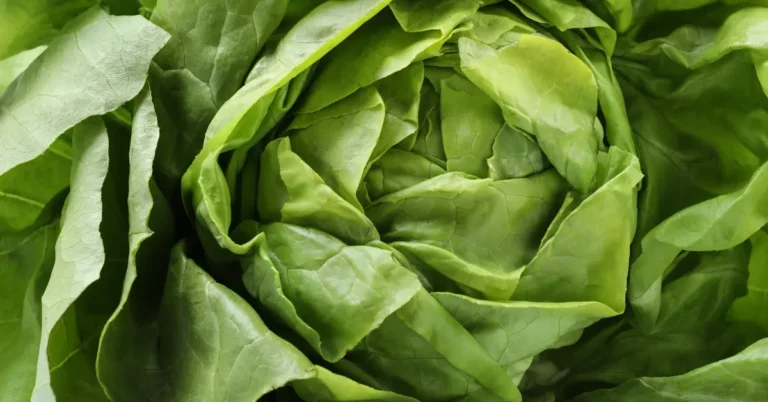Vegetables That Start with A
We all know how important vegetables are for staying healthy. They come in all shapes, sizes, and colors, offering unique nutrients and health benefits. Today, we’re starting our veggie adventure with the letter A! Get ready to learn about the fantastic vegetables that start with A, their nutritional powerhouses, and fun ways to add them to your meals.
List Of Vegetables That Start with A:
Here’s a list of vegetables that start with A.
1. Asparagus Beans
Asparagus beans, or yard-long beans, are a staple in Asian cuisine and have a nutty and earthy taste. They are a rich source of fiber, vitamins A and C, and minerals like potassium and iron. Asparagus beans are antioxidants and may help improve digestion, blood sugar control, and heart health.
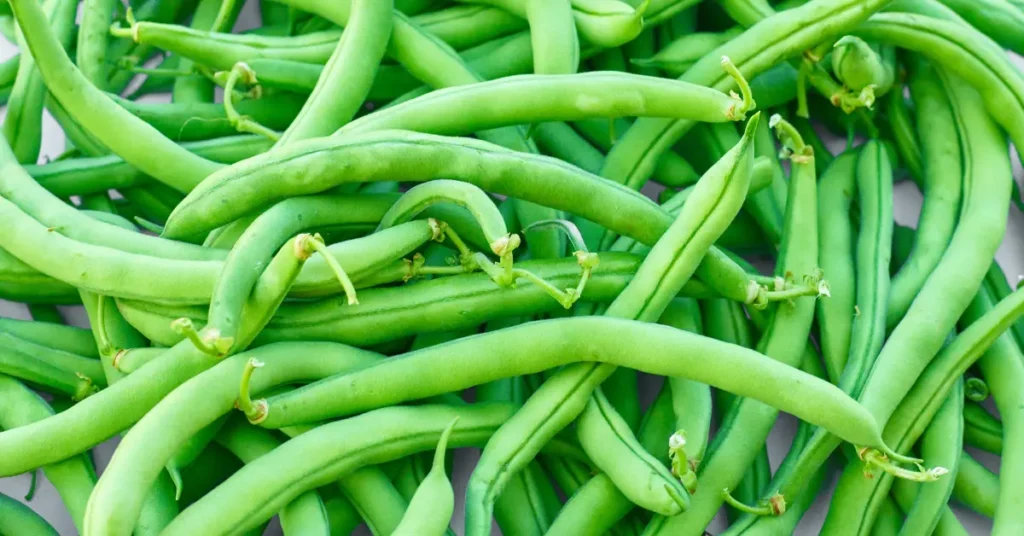
2. Arugula
Arugula, or rocket or salad rocket, is a leafy green vegetable that adds a peppery and slightly bitter taste to salads and other dishes. It is a good source of vitamins A, C, and K, as well as folate, calcium, and potassium. Arugula is also rich in nitrates, which may help improve blood flow and exercise performance.
3. Asparagus
Asparagus is a popular spring vegetable packed with vitamins A, C, and K and folate, iron, and potassium. It has a distinctive flavor can be steamed, grilled, or added to stir-fries and pasta dishes. Asparagus is also known for its diuretic properties, which may help reduce bloating and flush out excess water from the body.
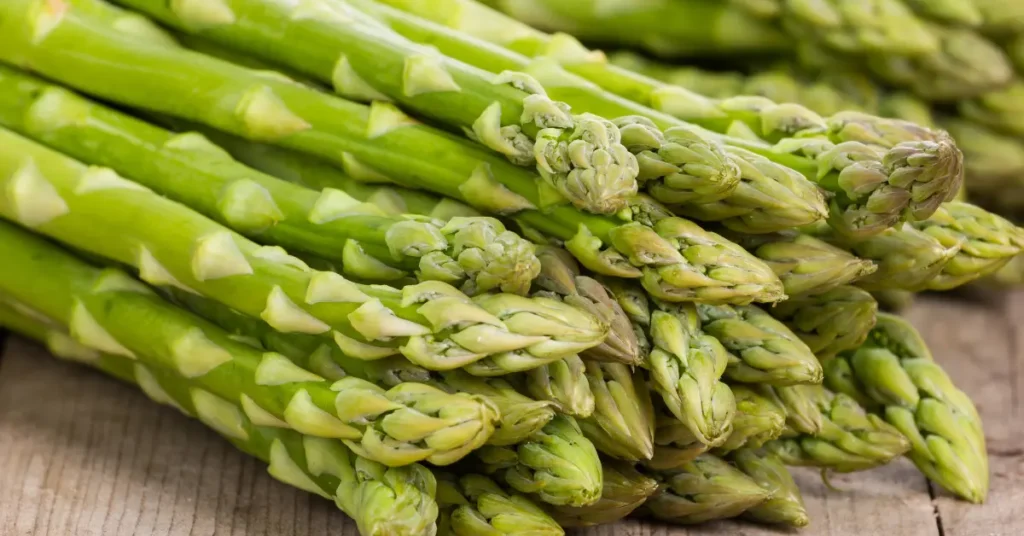
4. Aubergine
Aubergine, also known as eggplant, is a versatile vegetable in many dishes worldwide. It is a rich source of dietary fiber, vitamins B6 and K, and minerals like potassium and manganese. Aubergines are also highly antioxidants, which may help protect against chronic diseases like heart disease and cancer.
5. Alfalfa Sprouts
Alfalfa sprouts, or lucerne sprouts, are tiny shoots packed with nutrients and add a crisp texture to salads and sandwiches. They are rich in vitamins K, C, and B6 and antioxidants and minerals like calcium, iron, and potassium. Alfalfa sprouts are also low in calories, making them an excellent option for weight loss and diabetes management.

6. Alfalfa
Alfalfa, or lucerne, is a flowering plant commonly used as animal feed, but humans also consume its sprouts and leaves. It is a nutrient-dense vegetable rich in vitamins A, C, and K and folate and minerals like calcium, iron, and magnesium. Alfalfa is also known for its anti-inflammatory properties and may help improve symptoms of menopause and osteoarthritis.
7. Adzuki Beans
Adzuki beans, or red beans, are popular in many Asian cuisines. They are a nutritious source of plant-based protein, fiber, and minerals like iron and magnesium. Adzuki beans are antioxidants and may help improve kidney function and blood sugar levels.
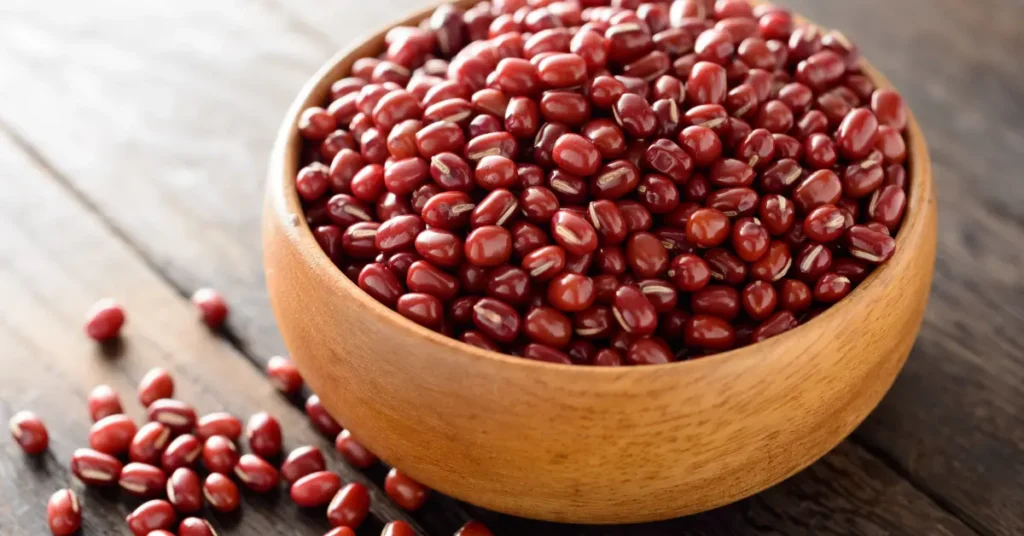
8. Amaranth
Amaranth is a grain-like pseudo-cereal that has gained popularity recently due to its high nutritional value. It is a good source of protein, fiber, and essential amino acids, making it an excellent option for vegetarians and vegans. Amaranth also contains anti-inflammatory and cholesterol-lowering properties and may help prevent chronic diseases like heart disease and diabetes.
9. Angelica
Angelica, also known as wild celery, is a flowering plant commonly used in herbal medicine. Its leaves, stems, and roots are edible and have a slightly bitter and floral taste. Angelica is a good source of antioxidants, vitamins B and C, and minerals like calcium and potassium. It is also used to improve digestion and help alleviate cold and flu symptoms.

10. Arrowroot
Arrowroot is a starch extracted from tropical plants’ roots and is often used as a thickening agent in cooking. It is naturally gluten-free and an excellent option for those with celiac disease or gluten sensitivity. Arrowroot is also high in fiber and may help improve digestion and weight management.
11. Asian Greens
Asian greens are a group of leafy vegetables commonly used in Asian cuisines. They include vegetables like bok choy, Chinese cabbage, and kale. Asian greens are low in calories and high in vitamins A, C, and K, and minerals like calcium and iron. They are also a good source of antioxidants and may help protect against chronic diseases.
12. Artichoke
The artichoke is a nutritious and delicious vegetable that belongs to the thistle family. It has a distinct nutty and slightly sweet flavor, making it a popular ingredient in many Mediterranean dishes. Artichokes are rich in antioxidants, fiber, and vitamins C and K. They are also known for their liver-protective properties and may help improve cholesterol levels.
Health Benefits of Vegetables That Start with A
Vegetables that start with A offer many health benefits, making them essential components of a balanced diet. Here are some key advantages:
1. Nutrient-Rich:
Vegetables like artichokes, asparagus, and arugula are packed with essential vitamins and minerals such as vitamins A, C, and K, folate, potassium, and iron. These nutrients support overall health and contribute to various bodily functions.
2. Antioxidant Powerhouses:
Many A-starting vegetables, including artichokes, arugula, and alfalfa sprouts, are rich in antioxidants. These compounds help combat oxidative stress in the body, reducing the risk of chronic diseases like heart disease, cancer, and diabetes.
3. Digestive Health:
Fiber is abundant in vegetables such as artichokes, asparagus, and alfalfa. Adequate fiber intake promotes healthy digestion, prevents constipation, and supports gut health by nourishing beneficial gut bacteria.
4. Heart Health:
Certain A-vegetables, like asparagus and avocados, contribute to heart health by lowering cholesterol levels and reducing the risk of cardiovascular diseases. They contain healthy fats, potassium, and other nutrients supporting optimal heart function.
5. Weight Management:
Many vegetables starting with A, such as arugula, asparagus beans, and alfalfa sprouts, are low in calories and fiber. Incorporating these vegetables into meals can aid in weight management by promoting satiety and reducing calorie intake.
6. Blood Sugar Regulation:
Adzuki beans, arrowroot, and certain Asian greens like bok choy contain nutrients that help regulate blood sugar levels. These vegetables have a low glycemic index and may benefit individuals with diabetes or those aiming to stabilize blood sugar levels.
7. Bone Health:
Vegetables rich in vitamin K, such as asparagus and arugula, contribute to bone health by aiding calcium absorption and promoting bone mineralization. Including these vegetables in the diet can help maintain strong and healthy bones.
Conclusion:
Vegetables that start with A offer many health benefits and can be easily incorporated into our daily diet. Each vegetable has unique nutrients and properties, from antioxidant-rich artichokes to vitamin-packed avocados. So, the next time you’re at the grocery store, pick up some of these A-list veggies and enjoy their delicious flavors and health benefits.

